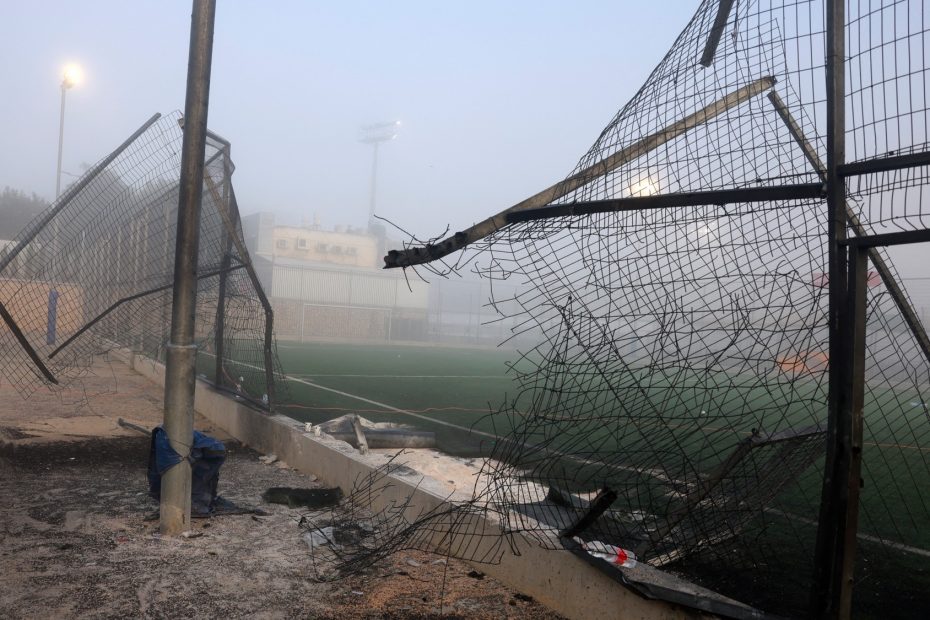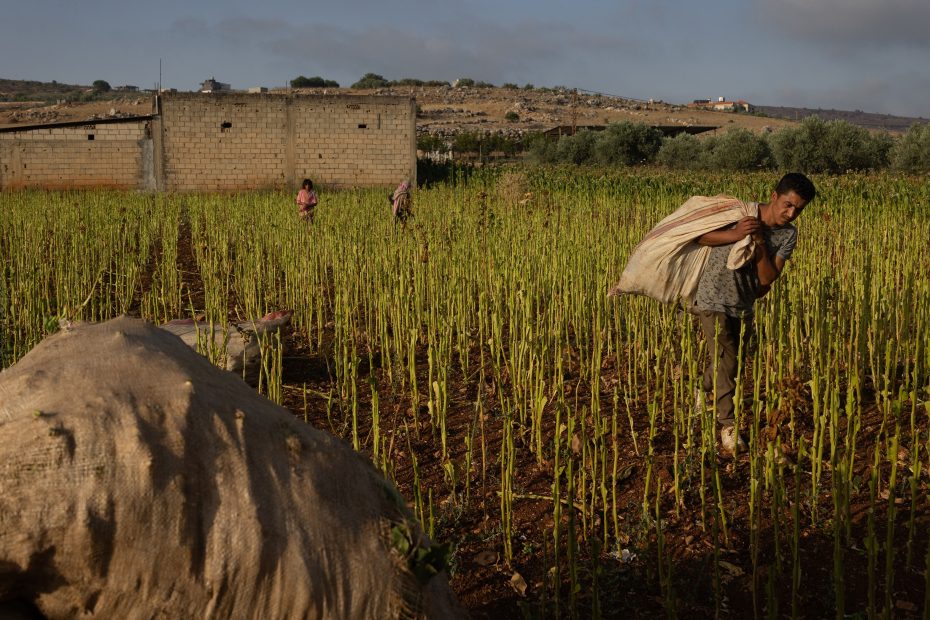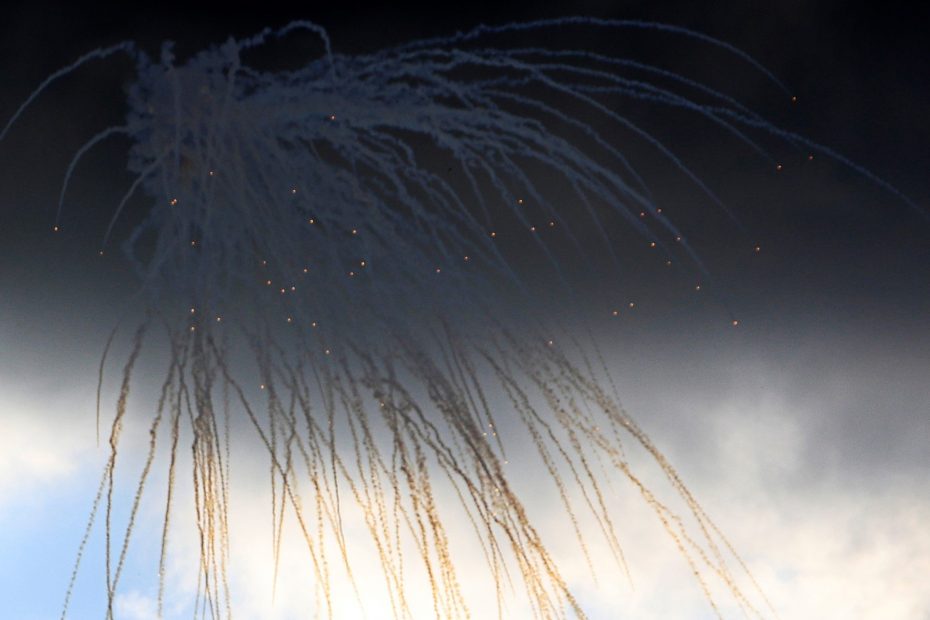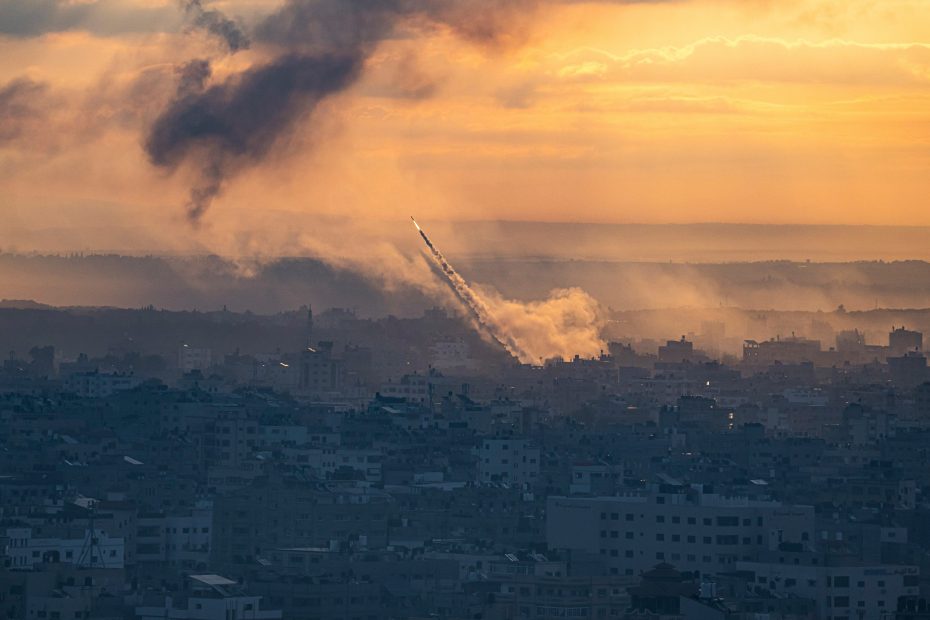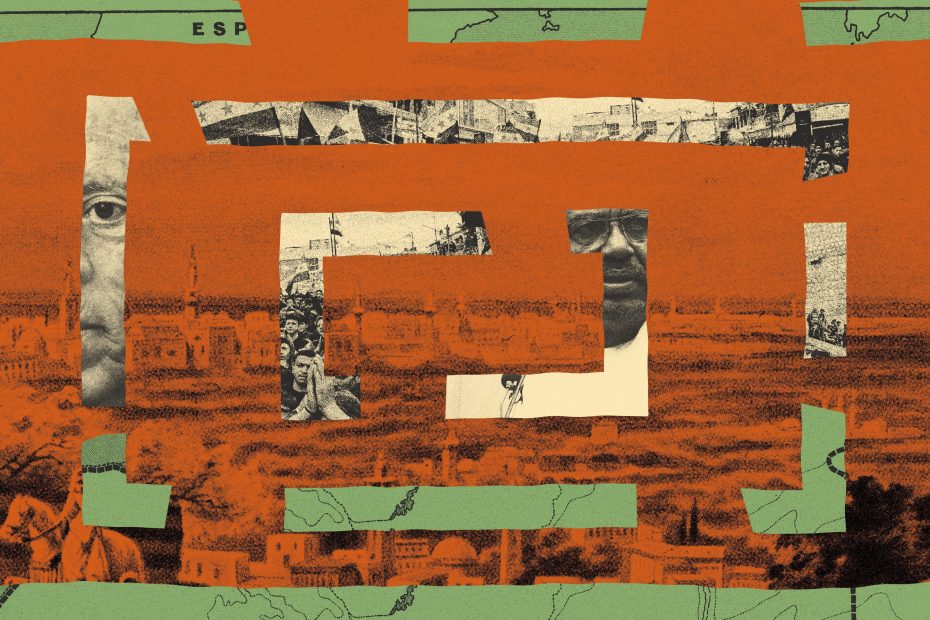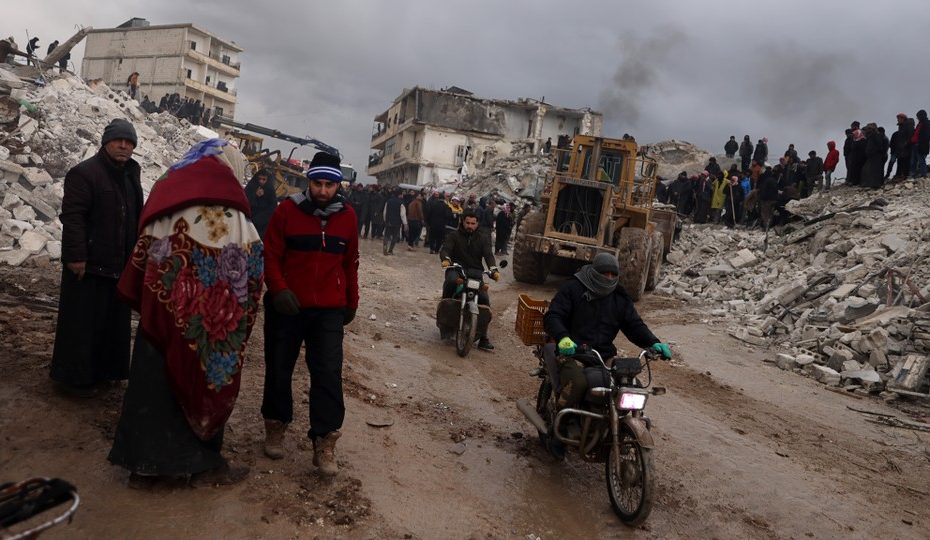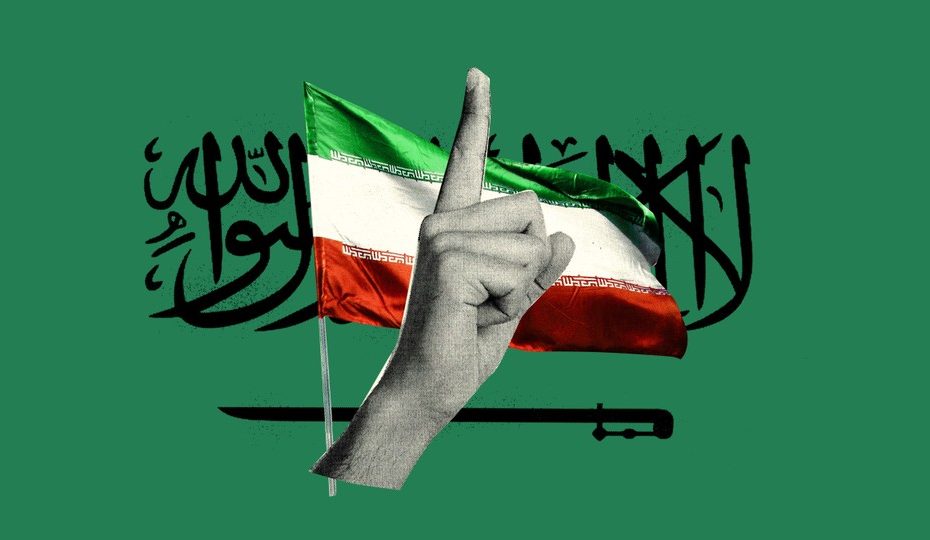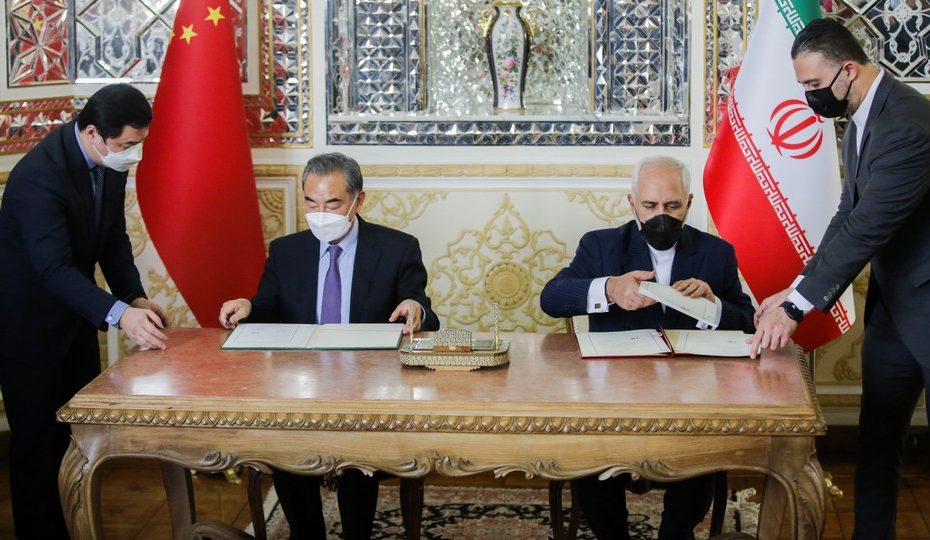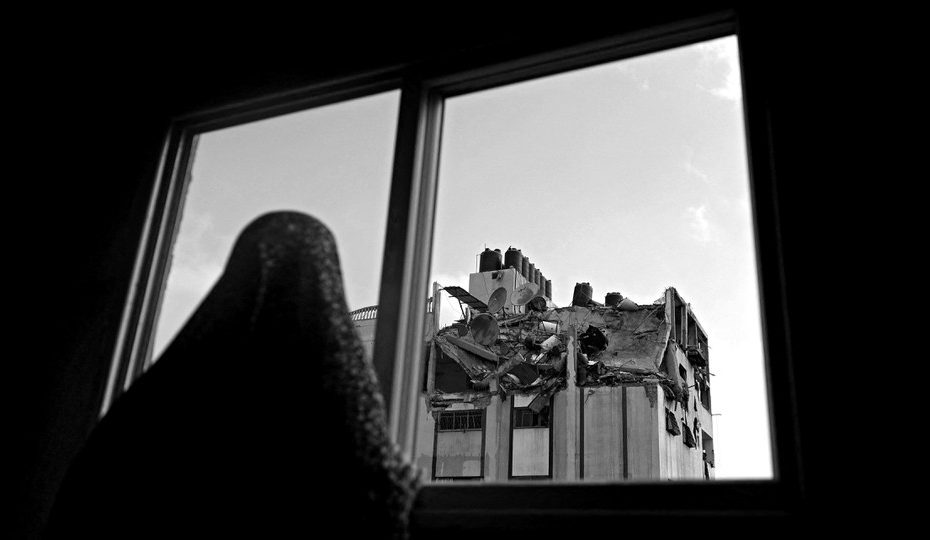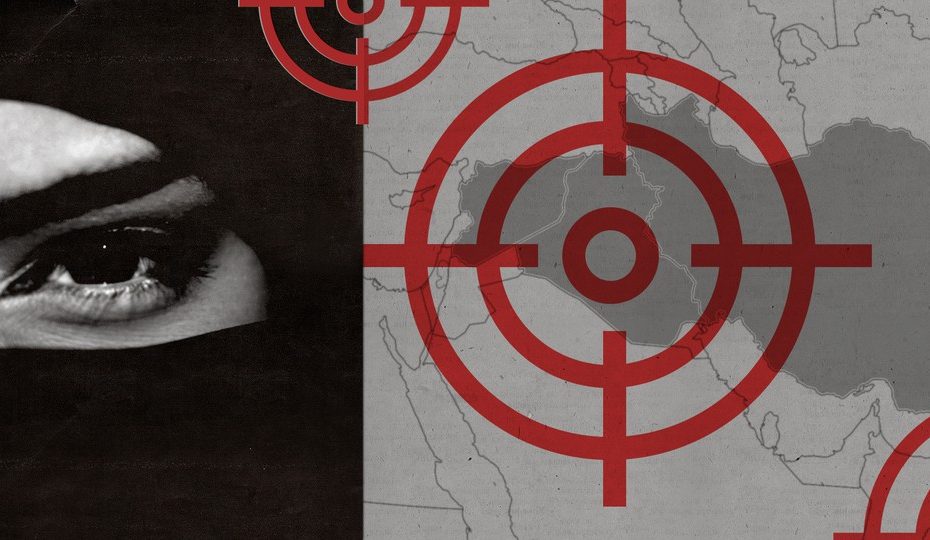The Big War No One Wants in the Middle East
Saturday’s rocket strike on a football field in the Golan Heights was precisely the type of large-casualty event that many observers have feared could ignite an all-out war between Israel and Hezbollah. After nine months of contained clashes, mostly along the Lebanon-Israel border, a rocket landed at dusk on Saturday in the Druze village of Majdel Shams and killed 12 young people.

